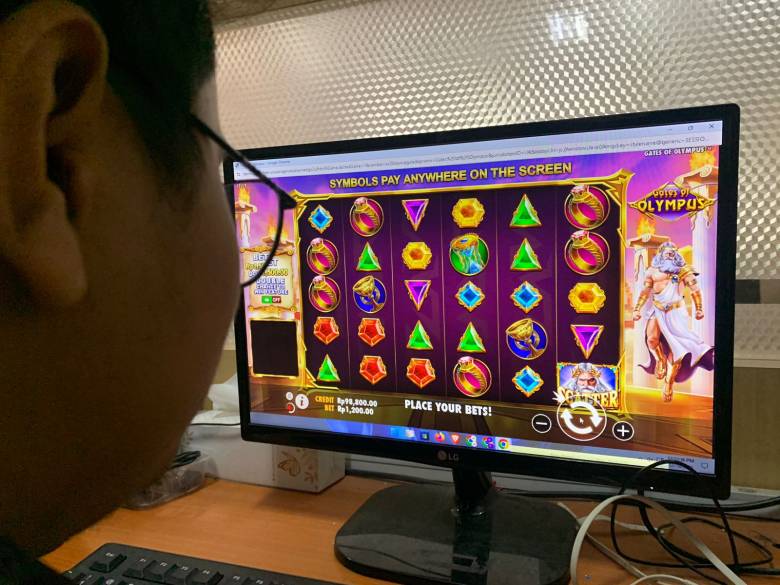Online Gambling Addiction among Students: How Does the Curriculum Come in Handy to Help????

In the highly technical world today, online gambling addiction has turned out to be a silent threat looming over our youth. From applications that promise sure wins to virtual casino games stimulating adrenaline, today the world of online gambling is reaching students at increasingly younger ages. But the moot question is: whether our education system is prepared to address this crisis.
In the education sector, many are wondering if the current curriculum in schools is enough to deal with this proliferating problem of addiction with regard to online gambling. While many schools will focus on basics, such as language and math, this issue often gets left on the backburner-and therein lies the problem. Our kids are moving into a really damaging addictive cycle, and our system of education so far hasn't risen to the occasion yet in response.
Online gambling addiction is an issue that needs not to be trifled with. From reduced concentration, financial problems to mental health disturbances, the effects of online gambling addiction can be hazardous in nature. Most dangerous of all, however, is the undermining of academic and social potential that it brings forth. If we do not use the curriculum appropriately and effectively to tackle this issue, then our youth will certainly move further into this dangerous world.
Others argue that inculcation of education regarding online gambling into the school curriculum is the most essential step. It is not only a matter of awareness on risks but also an ability and skill to cope with stressful lives or stressful situations in order to make sound decisions. For example, the study of the psychological effects and financial consequences of pathological gambling would increase the chances of early detection of possible warning signs which in turn may prevent further involvement.
But this approach also raised controversy. Critics say that introducing gambling-related curricula would lead students to gamble out of curiosity, instead of being a deterrent against it. Critics say it would make gambling attractive, not frightening.
If we keep on doing nothing, then we simply allow this crisis to worsen. Education needs to adapt and become responsive to the problems at hand facing the youth of today. We should make sure to add information about online gambling risks into school curricula so that students will be better prepared with the necessary tools and knowledge for proper decision-making and personal safety.
Thus, while reflecting upon the future of education, we have to wake up to the fact: are we ready to admit it to ourselves that online gambling is an actual reality of our students? Will our curriculum be the relicts of life or lead the way in offering concrete solutions? The addiction to online gambling, of course, calls for approaches: bold and innovative. And the educational curriculum too must be prepared to deliver.


.png)
